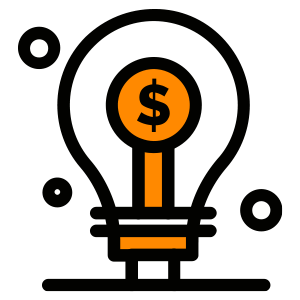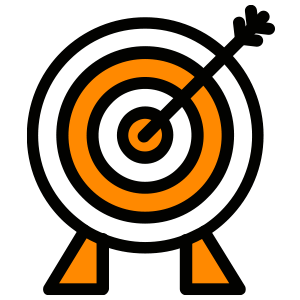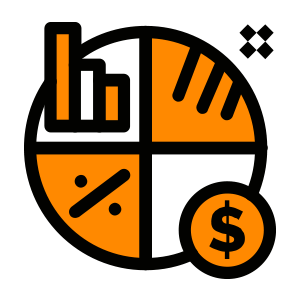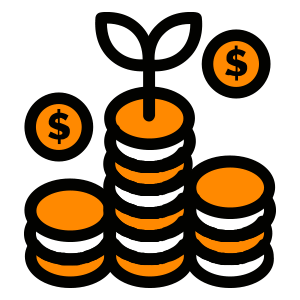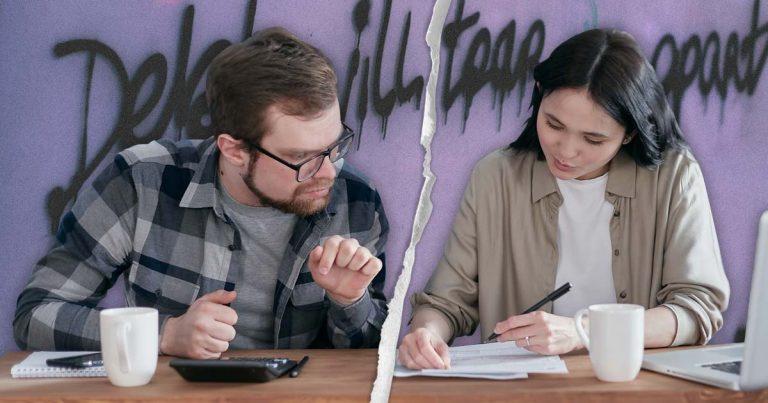Maximize your earning potential.
Get started with 👇
The #1 Thing You Should Know Before Renewing Amazon Prime
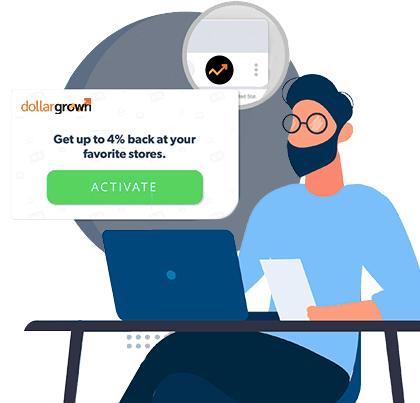
Finding the right side hustle can make all the difference.
Managing our finances efficiently is more important than ever in today’s fast-paced world. One area where we can easily overspend is our …
Spotify Premium is a well-known music streaming platform that provides its users with a smooth and uninterrupted music listening experience, free from …
In today’s digital age, where plastic and mobile payments dominate, having cash on hand can still be advantageous. While withdrawing cash from …
As the cost of education continues to rise, more and more college students are searching for flexible job opportunities to help cover …
When it comes to love and marriage, financial compatibility plays a significant role in the success and stability of a relationship. Debt …
Did you know that you can actually make money while shopping, even during your free time? It sounds too good to be …

